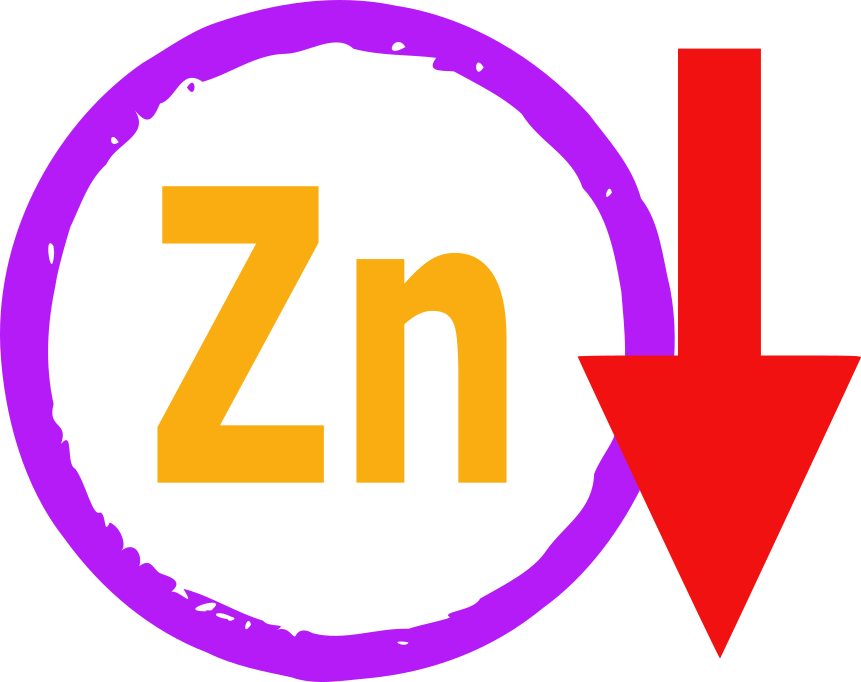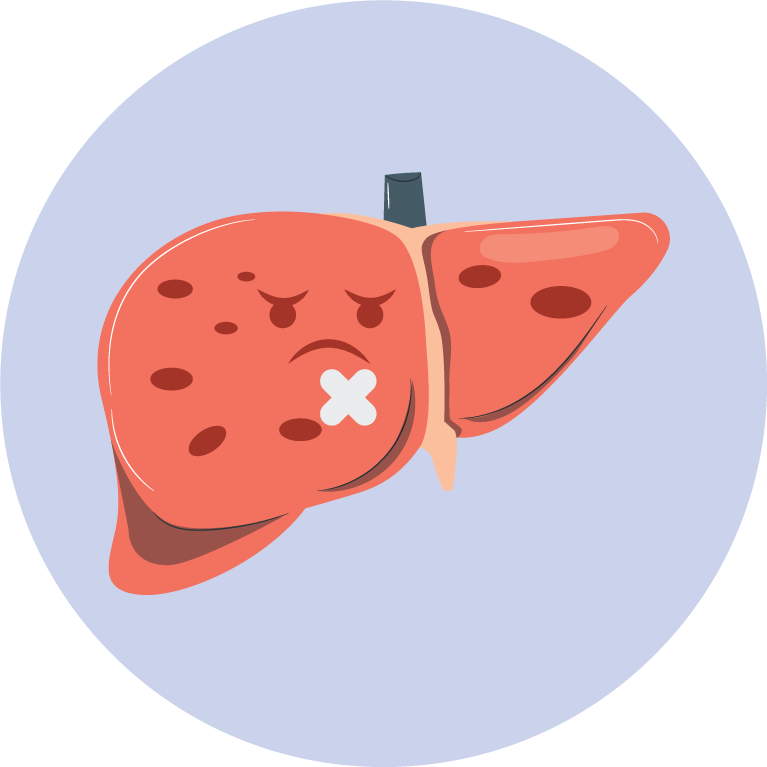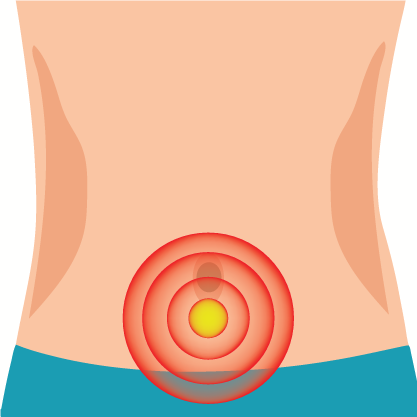| Name | Zinc Acetate |
| Classes |
Electrolyte and Mineral Nutritional Supplement |
| Diseases |
Liver Disease Wilson's Syndrome Zinc Deficiency |
Zinc Acetate
Zinc acetate is a salt which commonly occurs as the dihydrate.
Zinc acetate is indicated for the following conditions-
- Liver problems (Wilson's disease): This medicine is given after other drugs to treat Wilson's disease, a kind of liver disease. This hereditary illness causes the liver to store too much copper, causing liver damage as well as other significant complications. This drug stimulates the production of a molecule (a protein) in the intestines that stops the body from absorbing too much copper from meals, preventing additional damage.
- Zinc deficiency
- Adults: The usual dose is 50 mg 3 times daily with a maximum dose of 50 mg 5 times daily.
- Children and adolescents: Data are very limited in children under 6 years but since the disease is fully penetrant, prophylactic treatment should be considered as early as possible. The recommended dose is as follows:
-
- from 1 to 6 years: 25 mg twice daily
- from 6 to 16 years if bodyweight under 57 kg: 25 mg three times daily
- from 16 years or if bodyweight above 57 kg: 50 mg three times daily.
- Pregnant women: A dose of 25 mg 3 times daily is usually effective but the dose should be adjusted to copper levels
Side effects are very rare but abdominal discomfort can occur.
Zinc acetate is not recommended for the initial therapy of symptomatic patients because of its slow onset of action. Symptomatic patients must be initially treated with a chelating agent; once copper levels are below toxic thresholds and patients are clinically stable, maintenance treatment with zinc acetate can be considered.
Contraindication
Contraindicated in patients hypersensitive to zinc.
There is no known contraindications of zinc acetate in terms of food and drinks.
There is no contraindications of zinc acetate in terms of health condition.
 Bangla
Bangla English
English

